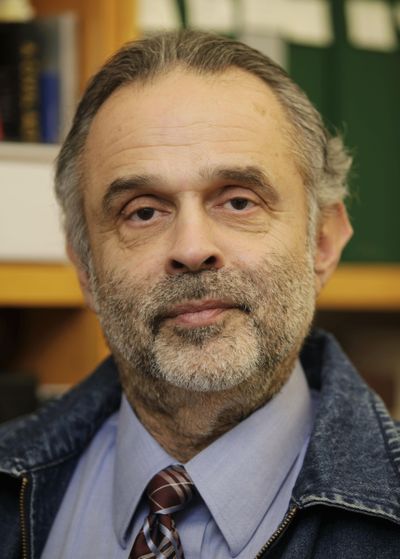Civil rights lawyer Joaquin Avila dead at 69

SEATTLE – Civil rights and voter law attorney Joaquin Avila, who fought discrimination in classrooms, workplaces and voting booths as a leader of the Mexican American Legal Defense and Educational Fund, has died. He was 69.
Avila died Friday of cancer at his Seattle home, the advocacy group said.
Avila was a point man in the Hispanic civil rights battle and argued voting rights cases before the U.S. Supreme Court.
In 1996, he was awarded the MacArthur Foundation “Genius Grant,” one of several accolades for his work on the issue.
His son said Avila was a kind, compassionate person.
“If he saw someone in trouble he tried to do something about it,” Joaquin Avila Jr. said in a statement.
As a former president and general counsel of the Mexican American Legal Defense and Educational Fund, Avila was involved in multiple groundbreaking court victories that led to more Hispanics working as electricians, firefighters and border guards, and allowed parents in the country illegally to enroll their children in public schools without paying tuition.
In an Associated Press interview in 1983, Avila said he saw those successes as a measure of how the system can be changed by working within it.
“We’re an instrument at the forefront of social change,” he said at the time.
Avila has also been credited as the chief architect of the California Voting Rights Act, a state law that allowed voters to challenge at-large election systems on the basis that they dilute the strength of minority voters.
However, his work also prompted criticisms when Avila himself was handling dozens of cases against cities and school boards involving the issue.
In 2003, he authored a UCLA law school study saying the state constitution should be amended so millions of non-citizen adults can vote in local elections.
Avila most recently was director of the National Voting Rights Advocacy Initiative at Seattle University School of Law.
He was born in Compton and lived much of his life in California. He had degrees from Yale University and Harvard Law School and is survived by his wife, three children and a brother.